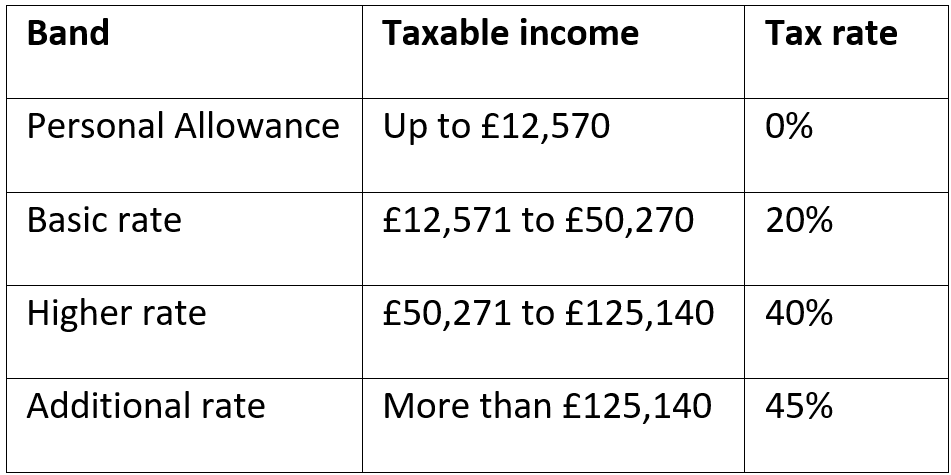
Embarking on a holiday is about more than simply sightseeing – it’s also your chance to experience new and tantalising local dishes from around the world.
An increasing number of people worldwide enjoy exploring exotic flavours during their time abroad. Acorn Tourism Consulting states that food tourism is one of the world’s largest and fastest-growing tourism markets today, with 95% of travellers seeking a positive food activity while on holiday.
If you’re a self-proclaimed foodie who savours any opportunity to sample local delicacies and immerse yourself in culinary delights, there are several destinations that promise to deliver on your desires. Continue reading to discover six potential locations for your next getaway.
1. Hanoi, Vietnam
If you’re seeking an array of south-east Asian street foods that use fresh and healthy ingredients, then Hanoi in Vietnam could be your ideal destination.
The city is a culinary haven, as each street corner is brimming with vibrant food stalls that promise to leave you satisfied.
For instance, a holiday to Hanoi wouldn’t be complete without tasting “bun cha”, a savoury combination of grilled pork and noodles, or “banh mi sandwiches”, baguettes loaded with marinated tofu and pickles.
Of course, this could also be the perfect chance to try Vietnam’s signature dish, “pho”, a warm noodle soup brimming with flavour.
2. Sevilla, Spain
Sevilla is a city steeped in history and tradition, and its culinary scene is certainly something to marvel at too.
Indeed, during a visit to Sevilla, you can wander through narrow cobblestone streets adorned with lush orange trees. While meandering, you’re guaranteed to pass plenty of eateries that exemplify Andalusian cuisine.
For example, you could visit one of the city’s many tapas bars, which would allow you to experience a wealth of Spanish flavours and delights, such as patatas bravas or fried calamari.
You could even indulge in some local specialities, such as the thinly sliced cured ham known as “jamon iberico”, or shrimps cooked in plenty of garlic, called “gambas al ajillo”.
3. Marrakesh, Morocco
If you are looking for a city that promises an exciting adventure as well as a new culinary experience, then Marrakesh in Morocco could be the perfect destination for you.
The bustling streets of the Red City’s walled medina contain more than tourist sites and exotic wares, as the alleyways are also home to a range of delicious Moroccan cuisines.
You would certainly be missing out if you didn’t try several varieties of tagines while in Morocco, the slow-cooked stew that is loaded with spices and flavour.
If you have a sweet tooth then you’re also in luck, as there are several traditional Moroccan sweets, such as “baklava” and “maamoul”, that promise to leave you satiated.
To ensure you experience all the culinary delights Marrakesh has to offer, it may be worth visiting Le Trou au Mur, a restaurant that is famous for its grandmother-style Moroccan dishes, or the Royal Hotel Mansour, which is host to a number of must-visit dining spots.
4. Tokyo, Japan
While Tokyo is home to the world’s highest concentration of Michelin-starred restaurants that serve a wide range of foods, perhaps the best reason to visit the bustling metropolis is to sample its top-end sushi.
In many of Tokyo’s sushi bars, you’re guaranteed dinner and a show, as you can watch the masters at work crafting delicate rolls in an intimate setting.
Interestingly, sushi etiquette is unique in Japan, and many restaurants practise “sushi omakase”. In this style, the expert chefs select, prepare, and serve the sushi as they see fit, regardless of your interests.
However, you should see this as an honour, as you’ll be able to watch sushi masters practising an ancient culinary art.
In addition to the bustling streets and fascinating culture, it is worth visiting the Sushi Saito or Sukiyabashi Jiro restaurants in Tokyo. However, you may need to plan ahead if you do wish to visit these famous sushi bars, as they often have long waiting lists!
5. Texas, USA
It’s fair to say that in Texas, barbecue is much more than just something to eat: it’s a way of life. Indeed, unlike many people in the UK, Texans see barbecue as their opportunity to celebrate meat, smoke, and flavour, all of which are rooted in local culinary traditions.
If you’re considering a trip to the Lone Star State, a must-see culinary site is Franklin Barbecue in Austin. Here, you can sample a range of smoked meats, such as pulled pork, sausages, and, of course, brisket.
Though, just be aware that locals line up for hours to taste the meats on offer here, so you may need to arrive early!
6. Naples, Italy
Italian food is perhaps unparalleled, and while Naples could be the perfect destination for pasta fiends, pizza lovers should also consider the Mediterranean city as somewhat of a pilgrimage site.
This is because the famous margherita was reportedly first made in Naples, and eating pizza here is much like a religious experience. To ensure you taste the best pizza possible, it may be worth visiting Di Matteo, one of the oldest establishments in the city.
Even if you aren’t the biggest pizza fan, there is certainly something for everyone in Naples. Indeed, you could try some classic pasta dishes, such as “spaghetti ale vongole”, a recipe that boasts baby clams in a white wine sauce, or “orecchiette alla Genovese”, a meaty pasta delight.
And, of course, no trip to Naples would be complete without a taste of creamy gelato ice cream after every meal.






